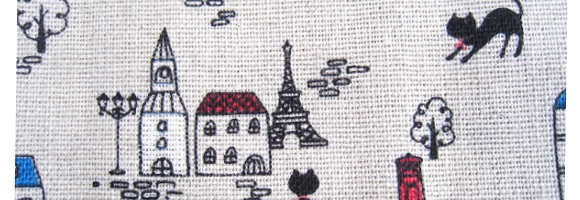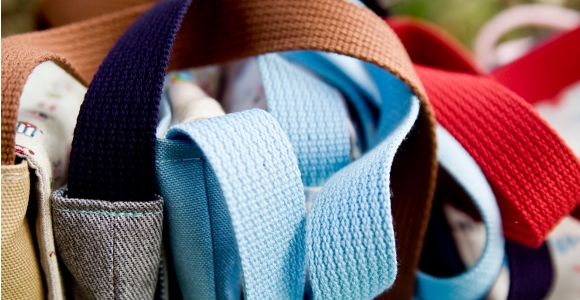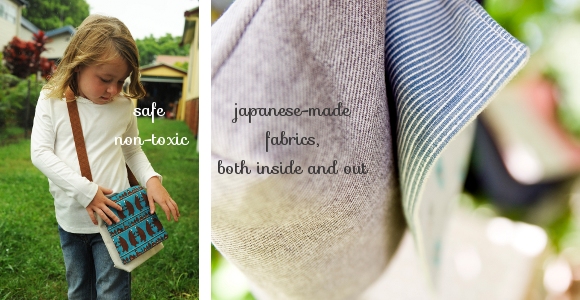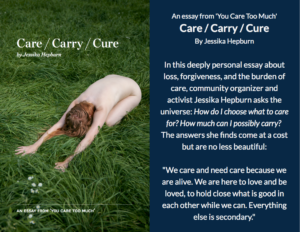Isn’t this fabric adorable? Little cats prancing around Paris! I loved it the minute I saw it. It quickly sold out at my main fabric supplier so when I found a half yard online I grabbed it. This particular piece came from Taiwan. Can you imagine how I felt when it arrived and turned out to be counterfeit fabric. Is there even such a thing? Apparently yes, there is. Having seen the original Japanese-made fabric I knew right away that this was an inferior knock-off. I was shocked, angry and disappointed.
When is it ever right to copy somebody else’s original artwork? Never!
I could have used this fabric to make my little messenger bags for children. Most of my customers would not have sensed this fabric wasn’t real McCoy Japanese material. But in my business I have made a commitment to use only Japanese-manufactured fabrics, from reputable firms, that in turn show respect for the environment and human-rights in their production. With the fabric pictured above, not having been made by the original Japanese manufacturer, we have no way of knowing which toxic chemicals have been used. Not to mention the blatant copyright infringement.
Is it okay to pull the wool over your customer’s eyes? No!
When I founded Mee a Bee the news was full of sickening stories of food contamination, dangerously high levels of poisonous chemicals in children’s toys, and mis-labeling of everyday products designed for children. I decided that if I was going to make anything for kids then it would be as safe as possible. This has been my philosophy from day one.
Do you feel a moral obligation to run an ethical business? I do!
The laws in Japan are quite strict and most of the big fabric manufacturers have made great strides toward being eco-friendly and safe. They’re using sustainably grown hemp, which requires less pesticide and water in growing. Dying and printing is done with chemicals that have a lower impact on the environment than those used historically. Stringent testing is undertaken to make sure the chemicals are not toxic to babies and children. It’s also important to me to know that Japanese labor laws preserve minimum ages and wages for the work force.
Knowing that the human body is like a sponge and that skin readily absorbs many chemicals I was pleased to find a local supplier of strapping for the shoulder straps of my bags that is color-fast, washable and formaldehyde-free. Yes, the embalming fluid! It’s also used as a setting agent for dyes and inks in fabrics. I do not want that in my kids’ bags.
Most of my customers are small children. It wouldn’t be unheard of for a toddler to put the strap in his/her mouth … for that reason I never use metal buckles or magnetic clasps in case of lead poisoning. If I do use a plastic buckle I avoid those that have used the toxic chemical to make plastic softer. Even the thread I use has Oeko-Tex certification, a European standard governing the use of certain chemicals in fabric manufacture. Everything I use is made here in Japan.
Parents: do these issues concern you? They should.
It’s become quite fashionable in recent years to go green. That’s a good thing. It would be easy for me claim to be doing all I can. My small business flies under the radar in a lot of respects. But ethically and morally I want to do the right thing. So I’m taking a greener approach. I don’t want toxic things in my home, after all I have kids myself. Nor do I want to support polluting the environment or using underpaid labor. Fabrics, buckles and other notions can all be purchased very inexpensively off-shore. But at what cost really?
I sleep well at night knowing that my bags are made from safe materials for children. And it doesn’t hurt that they are 100% cute!




